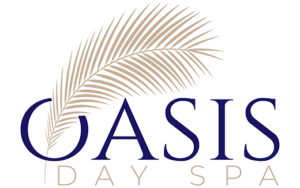Massage therapy, once seen as a luxurious indulgence, has evolved into a recognized form of holistic healing with profound health benefits. Beyond its relaxation effects, massage therapy offers a myriad of advantages that contribute to physical, mental, and emotional well-being.
Physical Benefits of Massage
Massage therapy is celebrated for its ability to alleviate muscle tension and promote relaxation.
Skilled massage therapists apply techniques such as kneading, tapping, and applying pressure to release tightness and knots in muscles. This not only reduces pain and discomfort but also enhances flexibility and range of motion.
Athletes often incorporate massage into their training routines to speed up muscle recovery and prevent injuries by improving circulation and lymphatic drainage.
Regular massage therapy has been shown to lower blood pressure and heart rate. This can contribute to better cardiovascular health and reduce the risk of heart-related illnesses over time.
Mental & Emotional Benefits
In our fast-paced world, stress has become a common companion. Massage therapy provides a sanctuary for relaxation, offering a retreat from the demands of daily life. The soothing touch of a skilled therapist triggers the release of endorphins—natural mood elevators and pain relievers—that promote a sense of well-being and reduce anxiety and depression.
In addition, massage therapy has been linked to improved sleep quality. By relaxing the body and mind, it can help individuals achieve deeper and more restorative sleep patterns, which are essential for overall health and cognitive function.

The benefits of massage therapy extend beyond the physical and mental realms. Studies suggest that it can boost the immune system by stimulating the lymphatic system, which plays a crucial role in defending the body against infections.





